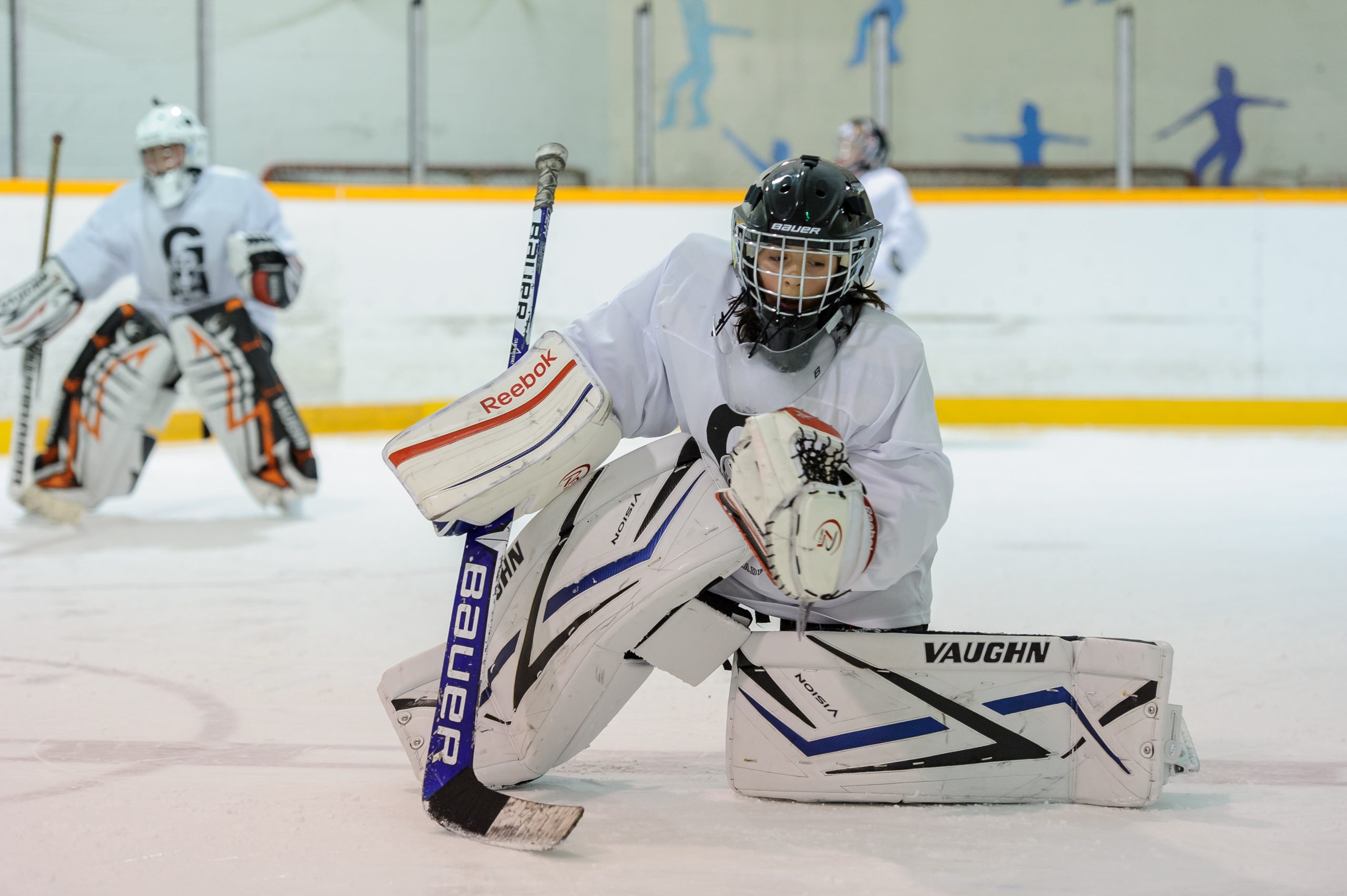
Goalie Camp Evaluations: Stand Out This Pre-Season
Goalie camps and goalie schools often provide goaltender ranking and selection consulting services to local youth hockey associations in August and September. For many young goaltenders, this process is one of the most stressful times of the hockey season for a variety of reasons.
Goalie Army Academy consistently preaches that there is no wrong way to stop a puck, however that there is a way to be as efficient as possible in order to limit the opposition’s scoring chances (for more information on increasing efficiency, see Goalie Army Academy’s R3E System).
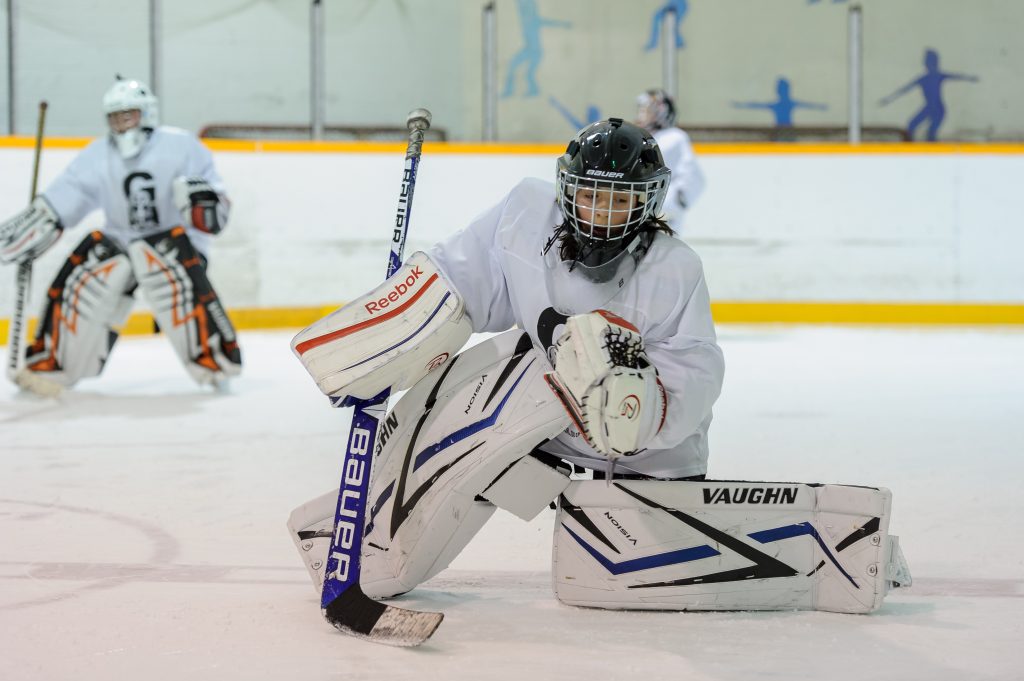 Although we teach this philosophy to our students regularly, there will always be coaches, evaluators, and scouts who prefer goaltenders to move, stop pucks, or perform techniques the way they teach or are more comfortable with. Fortunately, there are options available to goaltenders that may have a different technical style than those who are scrutinizing their every move, and which can help them prepare for their evaluations.
Although we teach this philosophy to our students regularly, there will always be coaches, evaluators, and scouts who prefer goaltenders to move, stop pucks, or perform techniques the way they teach or are more comfortable with. Fortunately, there are options available to goaltenders that may have a different technical style than those who are scrutinizing their every move, and which can help them prepare for their evaluations.
Goalie Camp Preparation
Physical preparation for pre-season goaltender evaluations should be a given. But there are additional aspects to consider. As the old saying goes, “You get what you put into it”. Goaltenders that are looking to make a good impression during their evaluations can benefit from doing a little bit of research prior to the start of their camps.
By finding out which goalie camp or goalie school will be running the goaltender evaluations from the association, goaltenders will be able to navigate to the school’s website and find out more about the school’s instructors, their philosophy, and the techniques which they teach. This will allow them to further their preparations for their upcoming evaluations by knowing a little about what they can expect.
After gaining some knowledge about the goaltending school, don’t be afraid to follow up with a phone call. Although the business world has become so prone to sending emails to gain and track information, a phone call allows for an personal touch introduction. Because the vast majority of inquiries are made via email, a lot of the time the phone call from a young athlete looking to introduce themselves and inquire about the upcoming evaluations, processes, and practice plans are the ones which will stick in the minds of coaches and evaluators.
Tip: The goaltender (not the parents) should make this call.
When getting the lead instructor of the goalie camp or lead evaluator on the phone make sure of the following:
- Introduce yourself, not just by name, but explain what you’re looking to accomplish during the pre-season goalie camp evaluations.
- Try, “Hi, my name is (first & last name). I found out from the (association name) that you will be running the goaltender evaluations and rankings for (age group and level) this season. I’m looking to earn a spot on the (team name) this year, and I’m hoping that I could ask you a couple of questions about the evaluations so I’m prepared”
- Be polite. Keep in mind that you’re looking for someone to give you their time to help you accomplish your goal this season. Giving information to those who seek it is simply a good business practice. However, if you’re looking for goalie evaluators to provide you with information that they may be reluctant to give you out of fear that they may you give you an edge on the competition, this is a must.
- Don’t be afraid to tell the goaltending evaluator where you’ve trained in the past. Then ask what differences there may be between their techniques and what you’ve learned from other coaches. Fully understanding what they expect on the ice is essential to your success after all.
- Ensure that you mention what you’ve been doing throughout the off-season in order to show your dedication to accomplishing your goal. Hopefully you haven’t been sitting on the couch while eating Cheetos and playing video games all summer. But if you have, you may wish to skip this step.
- Make sure that you keep the conversation short, and let the goalie coach (or goalie evaluator) take the reins. As long as they’re speaking, you’re obtaining (and hopefully noting) information.
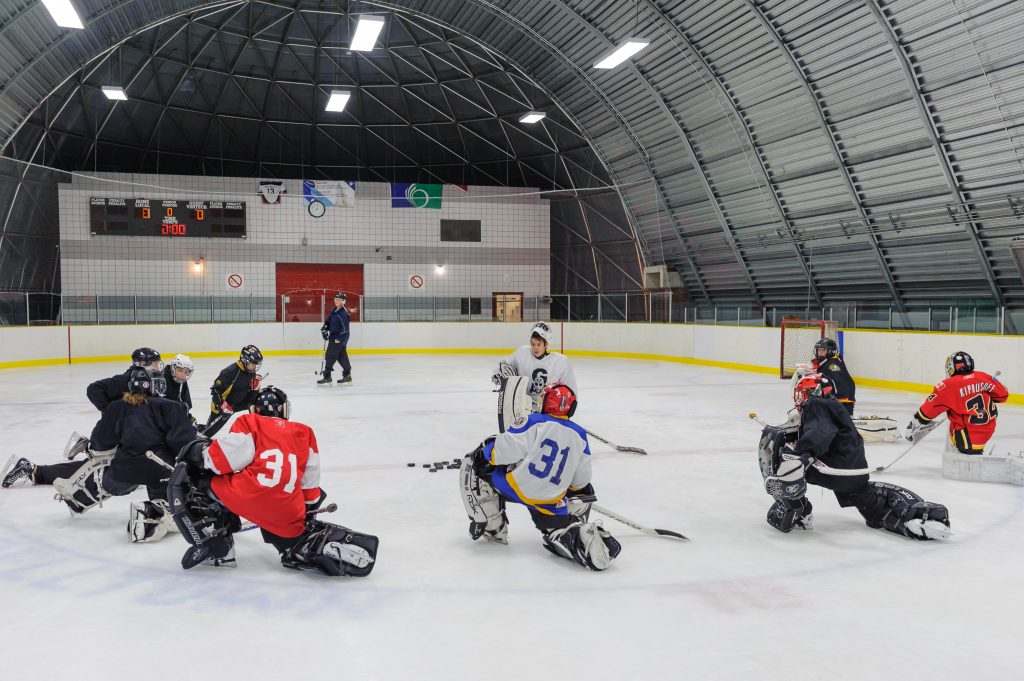 Day-of Best Practices – Goalie Camp Evaluations
Day-of Best Practices – Goalie Camp Evaluations
There are a couple of options for goaltenders to make sure that they get the attention of their goalie evaluators. However, goaltenders walk along a very fine line during this stage of the process which may determine whether they come off as mature and professional, or are considered a distraction from the goalie coach’s or goalie evaluator’s job:
- Get to the rink early on the day of your first goalie camp evaluation session & show an eagerness to get on the ice by being stretched, and dressed ahead of your scheduled ice time.
- If there is a goalie camp evaluation session taking place ahead of your scheduled time, be seen at rink side. Watch the exercises which goaltenders are being asked to perform to get an understanding of what the format of your session may look like.
- When the goalie coach, or lead evaluator comes off of the ice, make sure that you introduce yourself in person & make sure that he sees you in your full equipment and practice jersey so that he knows which goalie you are once it’s time for you to hit the ice.
- If there is no session scheduled ahead of yours, don’t be afraid to go and knock on the door of the coach’s dressing room. Ask for the individual that you spoke to over the phone by name. Upon identifying themselves, approach them and introduce yourself in person while extending a handshake and making eye contact.
- It’s important to note, that they may not recognize your name or voice, but if you remind them of your telephone conversation, when it took place, and what you discussed, they will most likely recall the conversation.
- After receiving confirmation that they recall the conversation, explain that you wanted to thank them in person for their information and time which they gave you. Let them know that you’re about to hit the ice, and remind them of your goal. Keep in mind, at this time he doesn’t have much time to chat, so keep the conversation short.
- Once you hit the ice, make sure that you’re attentive during exercise explanations and demonstrations. If you happen to have questions about an exercise, do not hesitate to ask them to gain additional insight and determine what the evaluators will be looking for. When asking questions however, ensure that they’re kept to a minimum and avoid opening up discussions about technical differences, or how you may do the exercise differently than what’s being asked. Keep in mind that goaltender evaluation sessions are not the time or the place to receive coaching, feedback, or discuss theory. After all, it’s not a goalie camp or school; it’s an evaluation. Instead, it is your chance to show evaluators what you can do, and how well you can do it.
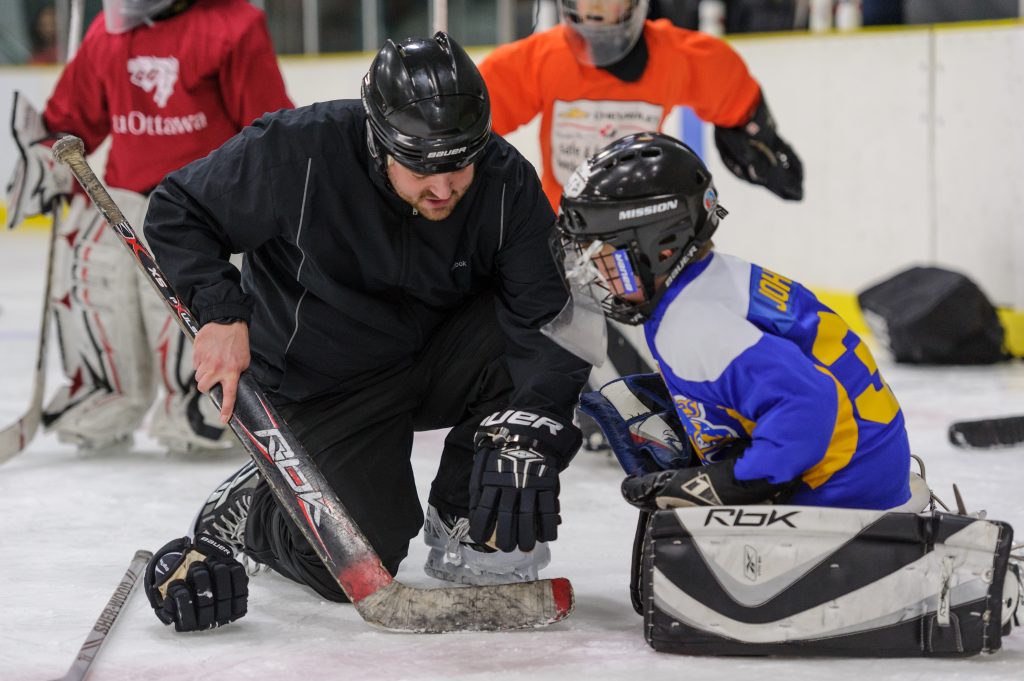 Next Steps
Next Steps
After the evaluations have come to an end, and you’ve been assigned to a team, it is important to ask for feedback and thank the evaluators for their time. Whenever possible, goaltenders should attempt to do this in person.
Releasing players is a hard process for coaches at any level and many share similar anxieties as their players surrounding the dreaded release conversations. However, evaluators shouldn’t mind providing feedback to those which they release in order to give them something to work toward for the following season.
For other tips and tricks as well as additional teaching aids and tools, please feel free to check out more of our Blog Articles, or let us know that you want to sign up for our free newsletter in order to fast track your success with accomplishing your goals in hockey.

Leave a Reply